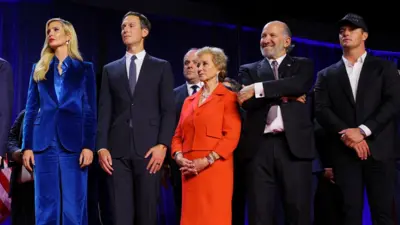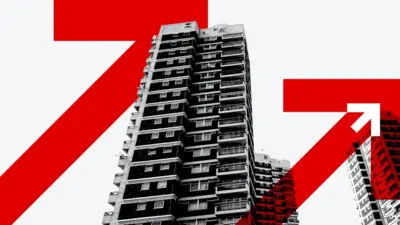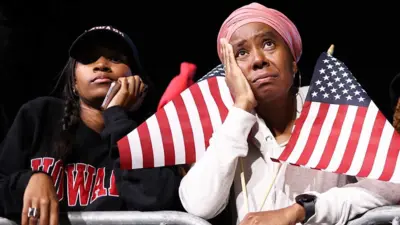We've updated our Privacy and Cookies Policy
We've made some important changes to our Privacy and Cookies Policy and we want you to know what this means for you and your data.
Government to rethink Digital Economy Act's web blocks
The UK government has announced that it will look again at plans to block websites that infringe copyright.
The controversial measures formed part of its crackdown on net pirates, outlined in the Digital Economy Act (DEA).
The decision to review it follows a raft of complaints about the workablility of the legislation.
Culture Secretary Jeremy Hunt has now asked Ofcom to consider the viability of blocking certain websites.
Right tools
"I have no problem with the principle of blocking access to websites used exclusively for facilitating illegal downloading of content," said Mr Hunt.
"But it is not clear whether the site blocking provisions in the Act could work in practice so I have asked Ofcom to address this question," he added.
The rethink was prompted by ideas submitted to the Your Freedom website, which asked members of the public to nominate laws and regulations they would like to see abolished.
"When we launched Your Freedom, I promised that the ideas submitted would be given proper consideration.... we have listened to the views expressed," said deputy prime minister Nick Clegg.
"The government will look at whether we have the right tools for the job in addressing the problem of online copyright infringement," he added.
It is not clear how many people complained about the DEA on Your Freedom, but a spokesman for the Department for Culture, Media and Sport said it was "one of the most commented on" pieces of legislation.
Among the questions for Ofcom to consider are:
- Is it possible for access to the site to be blocked by internet service providers?
- How robust would such a block be?
- Can specific parts of the site be blocked?
- What would it cost ISPs to implement such blocks?
The Open Rights Group, which has long campaigned against the DEA, welcomed Ofcom's review.
"It's encouraging that the government is listening to people's genuine concerns about the Digital Economy Act.
The web blocking provisions are a real mistake - they would stifle freedom of expression, for unproven benefit, whilst being extremely costly and difficult to manage," said Peter Bradwell, an ORG campaigner.
But copyright owners were less impressed by the decision to look again at the legislation.
"This review represents yet another delay in implementing the Act's provisions," said Richard Mollet, chief executive of the Publishers Association.
"We urge Ofcom to come to its conclusions as quickly as possible and if it finds the measures in the Act are unsuitable, it must be tasked with proposing a viable alternative," he added.
Judicial review
The government's attempts to crack down on illegal file-sharing have courted much controversy.
Ofcom is already planning the first stage of the campaign, which will see letters sent to those identified as illegal file-sharers.
The DEA is subject to a judicial review, which will look at whether the act is legal and justifiable.
The review, granted to ISPs BT and TalkTalk, will take place in March.
Opponents claim that the legislation was rushed through parliament without proper debate and that the methods that would be used to identify net pirates are flawed and unfair.
In a recent court case brought against 27 alleged illegal file-sharers, it was argued that the IP address of a computer, the numerical code that identifies the connection, cannot be used as evidence because it fails to identify the individual responsible.
The judge is due to rule on the case imminently.
The government needs secondary legislation before it can procced with any plans to block websites. Ofcom is due to report back in the spring.
Top Stories
More to explore
Most read
Content is not available








